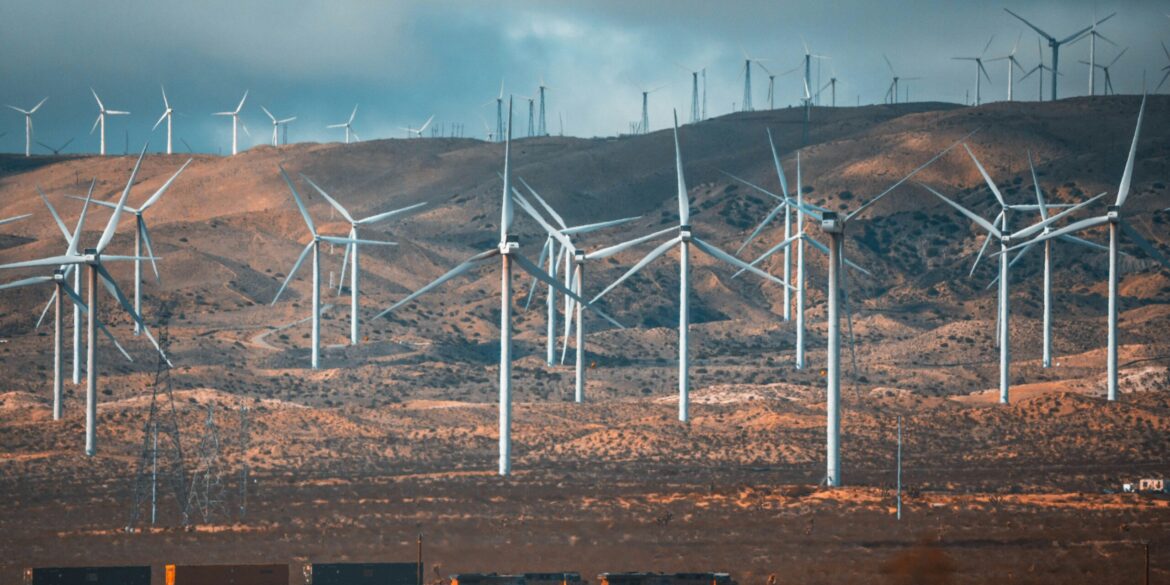On July 15, 2025, former President Donald Trump appeared at the inaugural Energy and Innovation Summit hosted at Carnegie Mellon University in Pittsburgh, Pennsylvania. Backed by Senator Dave McCormick, the event brought together a powerhouse lineup of technology and energy executives—from Meta, Microsoft, Alphabet, and ExxonMobil—to announce a sweeping $90 billion investment plan targeting artificial intelligence infrastructure, energy modernization, and workforce development across Pennsylvania.
The summit served as a high-profile launchpad for what Trump called a national “AI Action Plan,” designed to secure American leadership in artificial intelligence while reinforcing the nation’s energy grid to meet surging power demands. In prepared remarks, the former president hailed the initiative as a transformative step toward restoring American industrial strength, emphasizing the strategic link between cutting-edge tech and domestic energy security.
Among the major announcements was Google’s commitment to invest $25 billion in expanding its Mid-Atlantic data center operations and developing new hydropower agreements. Blackstone pledged another $25 billion toward energy and AI data infrastructure projects, while CoreWeave revealed plans for a $6 billion artificial intelligence campus in Pennsylvania. Amazon, in a separate move, recently unveiled a $20 billion data center investment, marking the largest such development in the state’s history.
The investment push is matched by a significant policy agenda. Organizers detailed plans to reform federal and state permitting processes, including easing Clean Water Act restrictions, opening federal lands for high-tech use, expediting electricity grid hookups, and streamlining approval processes for data centers nationwide. These measures, supporters argue, are essential to ensuring rapid deployment of AI and energy assets amid global competition.
A striking component of the summit was the proposal by Microsoft and Constellation Energy to restart the dormant Three Mile Island nuclear power plant. The move is part of a broader strategy to harness nuclear energy’s reliability to support the vast electricity demands of AI infrastructure, particularly data centers, which are expected to account for a growing share of national power consumption. While ambitious, the restart plan underscores the convergence of traditional energy sources with emerging tech needs.
Speakers at the summit repeatedly highlighted the dual urgency of staying ahead in the AI arms race—particularly against China—and modernizing America’s aging power grid. “If we want to win the future,” Trump said, “we must be the world leader in both energy independence and artificial intelligence.”
Senator McCormick, who organized the event, framed the initiative as a critical step for Pennsylvania’s economic revitalization. He noted that these investments could create thousands of jobs, drive innovation, and return Pennsylvania to its historic role as an industrial powerhouse. “This is where America builds things again,” McCormick said. “Where we combine steel, energy, and code to power a new century.”
Governor Josh Shapiro also attended the summit, offering a cautiously optimistic perspective. He praised the scale of proposed investments but noted that many deals remain in early stages, and projected job creation may not fully materialize for years. Environmental groups and some state lawmakers raised concerns about regulatory rollbacks, especially in areas related to water quality and public lands. However, proponents argue that without permitting reform, critical infrastructure projects will continue to be bogged down by bureaucracy.
Trump is expected to further elaborate on his AI platform in a speech titled “Winning the AI Race,” scheduled for July 23. The speech is likely to outline additional elements of his proposed national AI strategy and how it ties into broader themes of economic growth, national security, and global competitiveness.
The summit marks a notable alignment between the tech industry and conservative policymakers, with a shared emphasis on deregulation, economic growth, and geopolitical positioning. While some critics view the initiative as overly optimistic or politically motivated, the presence of leading corporate players and the scale of proposed funding suggest a serious push to turn rhetoric into infrastructure.
If realized, the $90 billion effort would not only reshape Pennsylvania’s industrial landscape but could also serve as a national model for tech–energy collaboration. It reflects a growing consensus that achieving AI supremacy will require more than algorithms—it will require electricity, talent, and a responsive regulatory framework to match.

